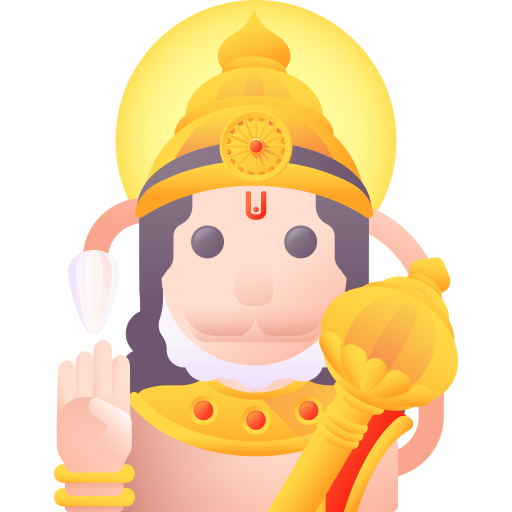
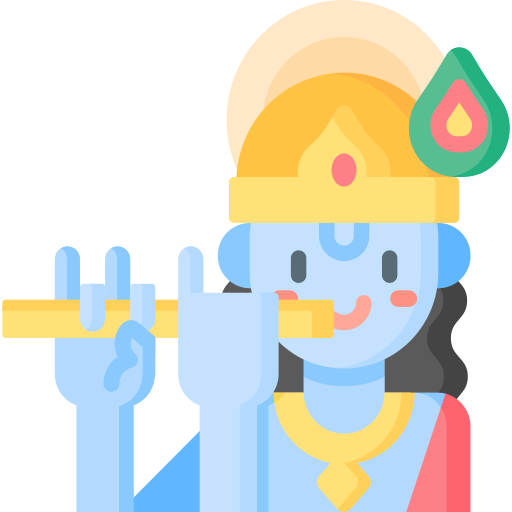
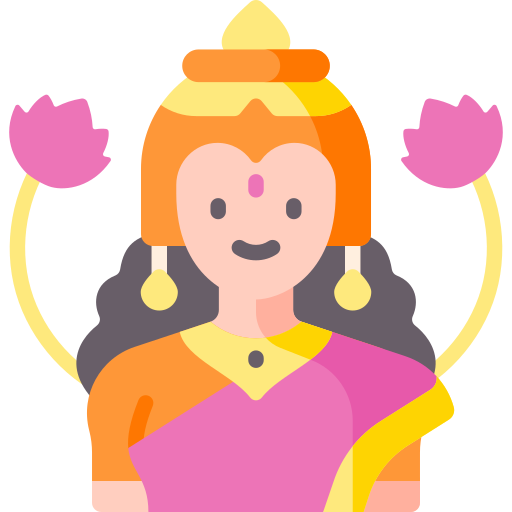




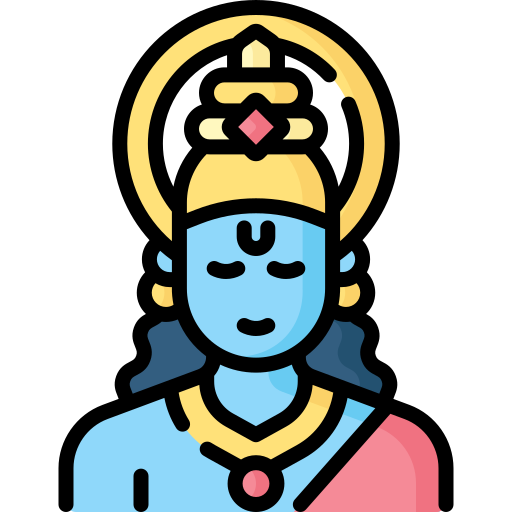




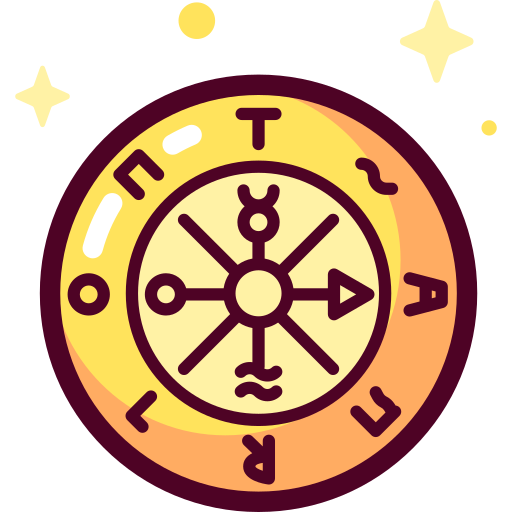




Ramnavami significance in Ayodhya
Ramnavami is a significant Hindu festival celebrated with great enthusiasm across the country. However, the celebration holds a special place in the hearts of the people of Ayodhya, the birthplace of Lord Rama. The festival marks the birth anniversary of Lord Rama, the seventh avatar of Lord Vishnu, and signifies the victory of good over evil. The city of Ayodhya becomes a hub of activity during this time, with devotees from far and wide coming together to celebrate the occasion.
Key Takeaways
Here are the key takeaways:
Celebration in Ayodhya
Ayodhya, the legendary birthplace of Lord Rama, becomes a hub of festivity and fervor during Ramnavami. The city is decked up with colorful decorations, lights, and flowers to celebrate the auspicious occasion. Devotees throng the temples and offer prayers to seek the blessings of Lord Rama. One of the highlights of the celebrations in Ayodhya is the elaborate processions that take place throughout the city. These processions, known as 'Rath Yatras,' involve the grand procession of idols of Lord Rama, accompanied by music, dance, and chanting of hymns. The air is filled with devotion and enthusiasm as the devotees participate in these processions with great zeal. Traditions and Customs Associated with Ramnavami in Ayodhya: The celebrations of Ramnavami in Ayodhya are steeped in rich traditions and customs that have been passed down through generations. One of the common customs is the recitation of the Ramayana, the epic saga of Lord Rama's life and deeds, during the festival. Devotees gather in temples and community spaces to listen to the tales of Lord Rama's valor and righteousness. Another prevalent tradition during Ramnavami is the performance of 'Ram Lila,' a dramatic reenactment of the events from the Ramayana. These plays are a colorful depiction of the epic battles between Lord Rama and Ravana, showcasing the victory of good over evil. The Ram Lila performances draw large crowds and are a source of entertainment and spiritual enlightenment for the audience. Impact of Ramnavami Celebrations on the City: The celebration of Ramnavami in Ayodhya has a profound impact on the city's cultural and economic landscape. The influx of devotees and tourists during the festival brings vibrancy to the city's streets and markets. Local artisans and craftsmen benefit from the increased demand for traditional artifacts, idols, and decorations. Moreover, the Ramnavami celebrations in Ayodhya contribute to promoting the city's rich cultural heritage and history. The traditional rituals and festivities showcase the deep-rooted connection between Ayodhya and Lord Rama, attracting visitors who seek to experience the spiritual significance of the birthplace of the revered deity.
Ramnavami in Ayodhya
Q1: What is the significance of celebrating Ramnavami in Ayodhya? A1: Ayodhya is believed to be the birthplace of Lord Rama, and celebrating Ramnavami in the city holds immense religious and historical significance for devotees. Q2: How is Ramnavami celebrated in Ayodhya? A2: Ramnavami in Ayodhya is celebrated with grand processions, temple visits, recitation of the Ramayana, and performances of Ram Lila to honor Lord Rama. Q3: What are some of the traditional customs associated with Ramnavami celebrations in Ayodhya? A3: Traditional customs include the recitation of the Ramayana, performances of Ram Lila, decorating temples and homes, and offering prayers to Lord Rama. Q4: How does the celebration of Ramnavami impact the city of Ayodhya? A4: The celebration of Ramnavami brings cultural vibrancy to Ayodhya, boosts the local economy, and promotes the city's cultural heritage and historical significance. Q5: Is Ramnavami celebrated only in Ayodhya, or is it observed across India? A5: Ramnavami is celebrated across India, but the celebrations in Ayodhya, as the birthplace of Lord Rama, hold special importance for devotees.
Deep Insights (FAQ)
Q.Frequently Asked Questions
about Ramnavami in Ayodhya Origin and Significance of Ramnavami: Ramnavami is celebrated on the ninth day of the Chaitra month in the Hindu calendar, which typically falls in the months of March or April. It is believed to be the day when Lord Rama, the prince of Ayodhya, was born to King Dasharatha and Queen Kaushalya. Lord Rama is revered as an embodiment of righteousness, truth, and virtue, making his birth a momentous occasion for his devotees. The significance of Ramnavami lies in the teachings and virtues embodied by Lord Rama. His life and journey, as depicted in the epic Ramayana, serve as a moral compass for millions of people worldwide. The festival is a reminder of the triumph of good over evil, as Lord Rama defeated the demon king Ravana and restored peace and dharma to the world.
"Ramnavami holds a special significance in Ayodhya, the legendary birthplace of Lord Rama, where the festival is celebrated with unmatched fervor and devotion. The celebrations in the city are a vibrant reflection of the deep-rooted cultural and spiritual connection between Ayodhya and Lord Rama. The traditional customs, rituals, and festivities associated with Ramnavami in Ayodhya serve as a reminder of the eternal values embodied by Lord Rama and inspire millions of devotees to uphold righteousness and truth."
